The following items discuss clinical research. Some address aspects of the process of conducting research, while others discuss the results of specific trials and the groups conducting them.
For items relating only to the MRC trials, see MRC Trials.
For discussion of treatment in practice, see Treatment.

Binet Interview Part 1: Research Collaboration and iwCLL
Dr. Jacques-Louis Binet recounts the origins of the International Workshop on CLL (iwCLL), from the first idea through the challenges of organizing the first few meetings. He names many of the early members of iwCLL and describes their early efforts to collaborate on clinical research. He also discusses the origins of the French Cooperative Group on CLL.
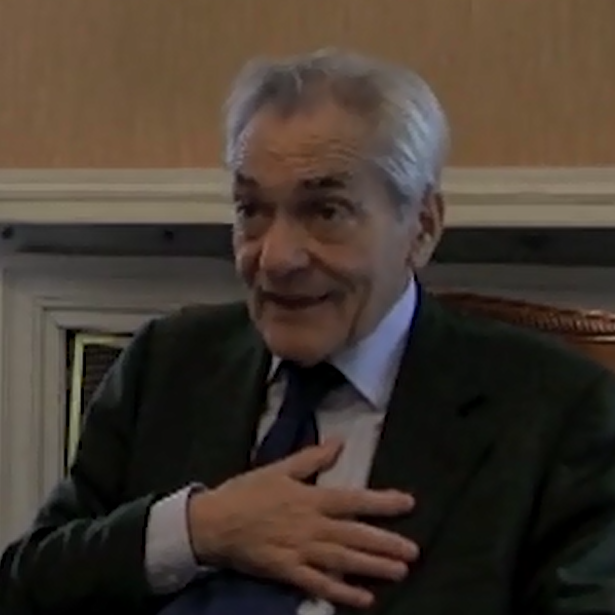
Binet Interview Part 2: History of French Hematological Treatment
Dr. Jacques-Louis Binet continues his recollections on the formation of the French Cooperative Group on CLL and discusses the history of the treatment of CLL and other hematological diseases in France. Lastly, he discusses his relationship with his mentor, Jean Bernard, and Bernard’s contributions to leukemia treatment in France.

Brandes Letter of Recommendation
Letter of recommendation from David A. G. Galton on behalf of former colleague Lorne Brandes.

Letter in which Galton reviews Brandes’ manuscript before Brandes submits it for publication to the Lancet. Galton offers feedback and advice on publishing in the Lancet, and discusses a current patient’s course of treatment with cyclophosphamide.

Letter discussing the course of treatment for a patient, alias Mr. Doe, following a recent chest infection.

Letter providing an update on a patient with myeloma, alias Mr. Doe, whose disease had rapidly become highly aggressive. Weekly cyclophosphamide and prednisolone were no longer working, and Galton was giving him diamorphine for the pain, while considering treating Mr. Doe with interferon.
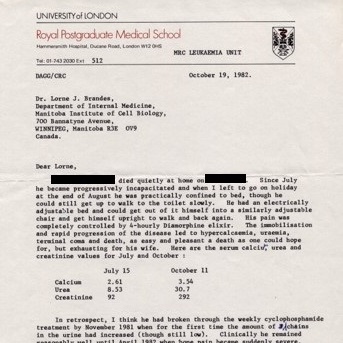
Letter providing an update on a patient, alias Mr. Doe, who had died within the last week. Galton provides Mr. Doe’s serum calcium, urea, and creatinine values for July and October.

Letter in which Galton expresses interest in a forthcoming publication by Brandes and Brandes’ research on histamine receptors, and contemplates his upcoming retirement at the end of the year.

Hallek Interview Part 1: European Collaboration on Clinical Research
Dr. Michael Hallek recounts his early career in medicine and how his relationships with others led him to CLL research and inspired him to found the German CLL Study Group (DCLLSG), and later co-found the European Research Initiative on CLL (ERIC). The video concludes with a discussion of some of ERIC’s work on establishing standards and collaborating on clinical research.

Hallek Interview Part 2: Treatment of CLL
Dr. Michael Hallek discusses treatment of high-risk Binet stage A CLL patients and their inclusion in clinical trials performed by the German CLL Study Group (DCLLSG), the controversy over the inclusion of monoclonal B-cell lymphocytosis (MBL) in the iwCLL’s revision to the National Cancer Institute–sponsored Working Group’s (NCI-WG) 1996 guidelines, and the role of splenectomy in CLL treatment.

Hallek Interview Part 3: Clinical Trials in CLL
Dr. Michael Hallek discusses the benefits and challenges of using mouse models such as TCL1, NOD/SCID, and NZB in CLL drug trials and studies attempting to isolate potential cancer stem cells. Then, he discusses proposed trials comparing the effectiveness of various drug combinations and, hypothetically, how one might develop a study to determine whether certain types of chemical agents are linked to CLL.

Highlights from an interview with Dr. Terence Hamblin discussing the development of his research, including idiotypes, cold agglutinin disease, and immunoglobulin mutational status.

Letter discussing miscellaneous topics, including publishing in the Lancet, the MRC trial, and a patient Galton intends to start on the Brandes regimen.
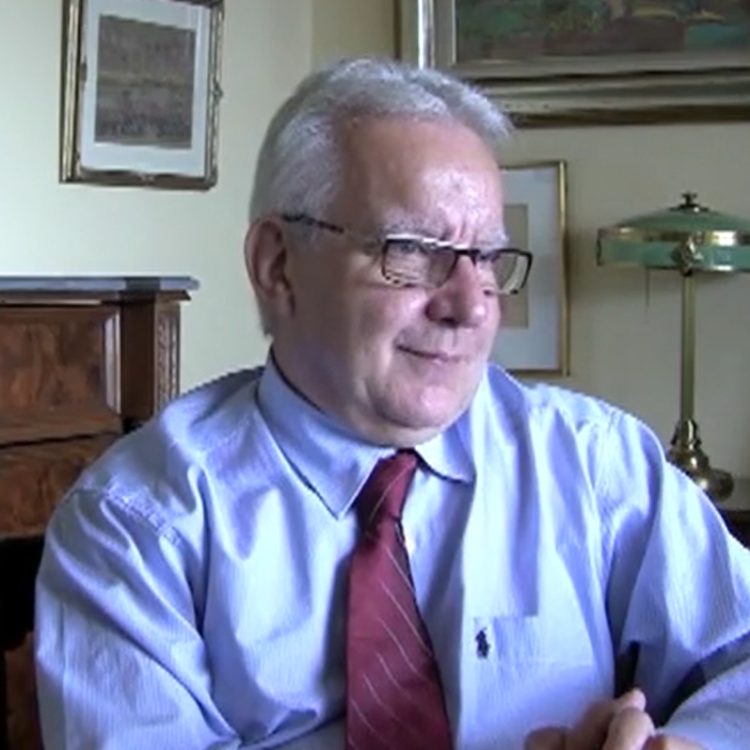
Montserrat Interview Part 3: Evolution of CLL Research
Dr. Emili Montserrat concludes his recollections on the history of CLL research in Spain, and discusses how CLL research and collaboration has evolved over the course of his career, from understanding of the disease to scientific techniques and treatment to funding for research.
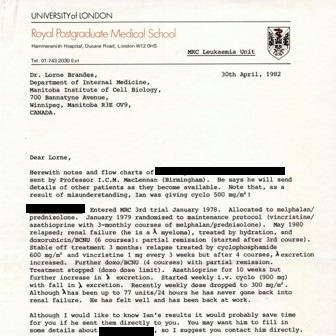
Letter providing notes on the treatment of a 51-year-old patient from the MRC 3rd trial, including detailed information on dosage and schedule. At the end, Galton provides a brief update on the case of another patient, alias Mr. Doe, whose back was irradiated.

Letter discussing a patient with myelomatosis. The patient had myelomatosis since June 1976 and had been in the 3rd MRC trial. Galton discusses treating the patient with weekly cyclophosphamide. Note: contains only page 1 of the letter; missing remaining page(s).
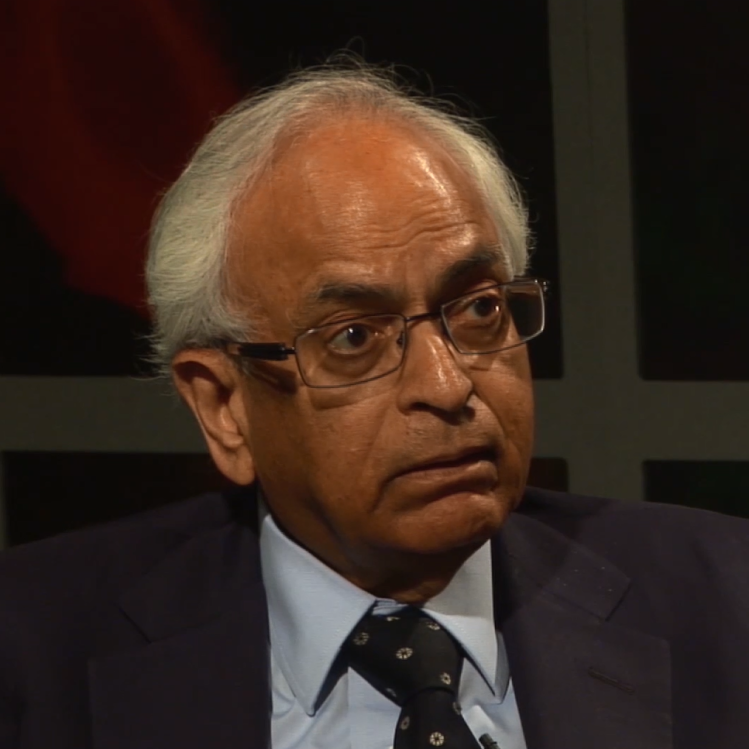
Rai Interview Part 1: Introduction
An introduction to Dr. Kanti Rai’s career and experience, this video covers his relationships with early mentors and research experience, focusing on his work on myeloproliferative diseases and participation in the Polycythemia Vera Study Group and Cancer and Leukemia Group B.

Rai Interview Part 2: Clinical Trials
In this video, Dr. Kanti Rai discusses the history of CLL clinical treatment, from treatment with chlorambucil and prednisone through the development of treatment with FCR. His discussion includes his participation in various clinical trials, such as the CALGB study of the effectiveness of fludarabine vs. chlorambucil.

Rai Interview Part 7: Research Partnership with Chiorazzi
Dr. Kanti Rai discusses how he met Dr. Nicholas Chiorazzi and they developed their research partnership studying IGHV mutational status and clinical staging. He notes that their model of partnership, which has involved collaboration between laboratory research and clinical practice, has been fruitful for both research and practice, and discusses how this same model developed in the Chronic Lymphocyctic Leukemia Research Consortium (CRC).
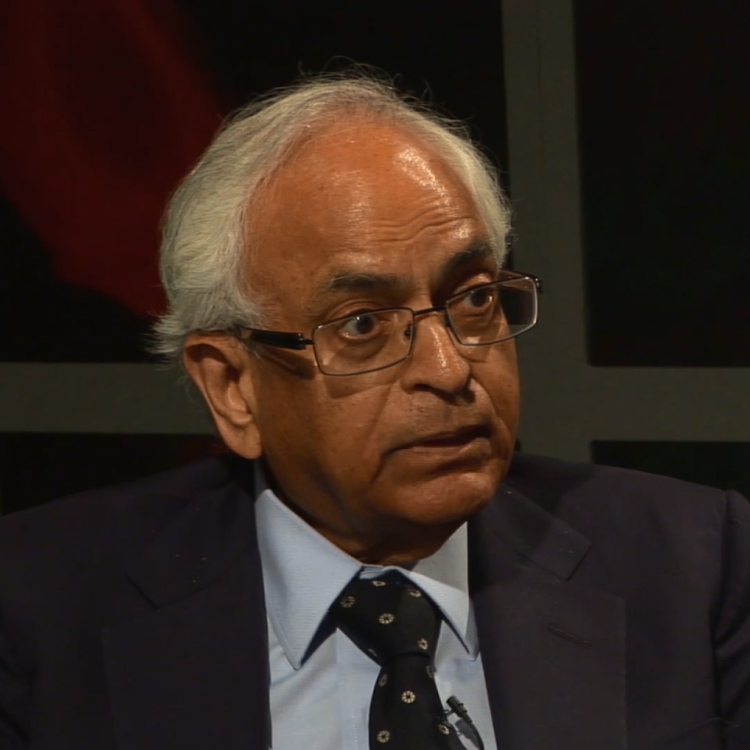
Rai Interview Part 8: Splenomegaly Management
Dr. Rai and Dr. Marti discuss treatment for splenomegaly, including the advisability of splenectomy, and how one would develop a clinical trial examining the effects of splenectomy on CLL patients.

Letter discussing Galton’s opinion of Vindesine in treatment and the MRC Working Party’s interferon trials.